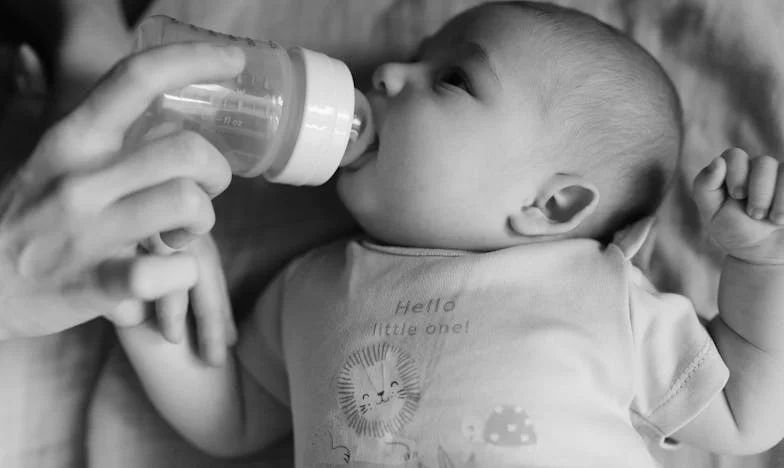“When Your Parents Are Gone, You’ll Regret Your Actions: A Wife’s Plea”
John and I met in college. He was a brilliant student, always top of his class, and had a promising future ahead of him. We fell in love quickly and deeply, and after five years of dating, we decided to get married. However, there was one significant issue that cast a shadow over our plans: John’s relationship with his parents.
John’s parents, Mr. and Mrs. Thompson, were not at our wedding. In fact, they weren’t even invited. John had a strained relationship with them for as long as I could remember. He often spoke about their high expectations and how he felt he could never meet them. They wanted him to follow a specific career path, one that John had no interest in. This led to countless arguments and eventually, a complete breakdown in communication.
When we started planning our wedding, I suggested inviting his parents. “They are your family, John,” I said gently. “They should be there on our special day.”
John’s response was immediate and firm. “No, they won’t be there. They don’t deserve to be.”
I tried to reason with him. “But what if you regret this decision later? What if something happens and you never get the chance to make amends?”
He shook his head. “I won’t regret it. They made their choices, and I’ve made mine.”
The wedding day came and went without any presence from the Thompsons. It was a beautiful ceremony, but there was an emptiness that lingered in the air. I couldn’t shake the feeling that something was missing.
Years passed, and John remained steadfast in his decision to keep his parents out of his life. Every time I brought up the subject, he would shut it down immediately. “It’s better this way,” he would say.
But deep down, I knew he was hurting. There were moments when I caught him looking at old family photos with a distant look in his eyes. He never talked about it, but I could see the pain he tried so hard to hide.
One evening, we received a call that changed everything. John’s father had suffered a heart attack and was in critical condition. The news hit John like a ton of bricks. For the first time in years, I saw a crack in his armor.
“We need to go see him,” I urged.
John hesitated but eventually agreed. We rushed to the hospital, but by the time we arrived, it was too late. Mr. Thompson had passed away.
The grief that followed was overwhelming. John was inconsolable. He kept repeating, “I should have been there. I should have made things right.”
In the days that followed, John tried to reconnect with his mother, but the damage had been done. She was distant and cold, unable to forgive him for shutting them out for so long.
Our marriage began to suffer as well. John became withdrawn and irritable, consumed by guilt and regret. No matter how much I tried to support him, it felt like we were drifting further apart.
One night, as we sat in silence at the dinner table, I finally spoke up. “John, you need to forgive yourself. Holding onto this guilt won’t bring your father back.”
He looked at me with tears in his eyes. “I know, but it’s so hard.”
“I understand,” I said softly. “But you still have your mother. It’s not too late to build a relationship with her.”
John nodded slowly, but I could see the doubt in his eyes.
Months turned into years, and while John made some efforts to mend his relationship with his mother, it was never the same. The regret of not inviting his parents to our wedding and not reconciling with his father before it was too late haunted him every day.
Our marriage continued to struggle under the weight of this unresolved pain. We loved each other deeply, but the shadow of John’s past loomed over us, a constant reminder of what could have been.
In the end, John’s story serves as a poignant reminder of the importance of family and the consequences of letting pride and anger dictate our actions. Sometimes, by the time we realize our mistakes, it’s already too late.
